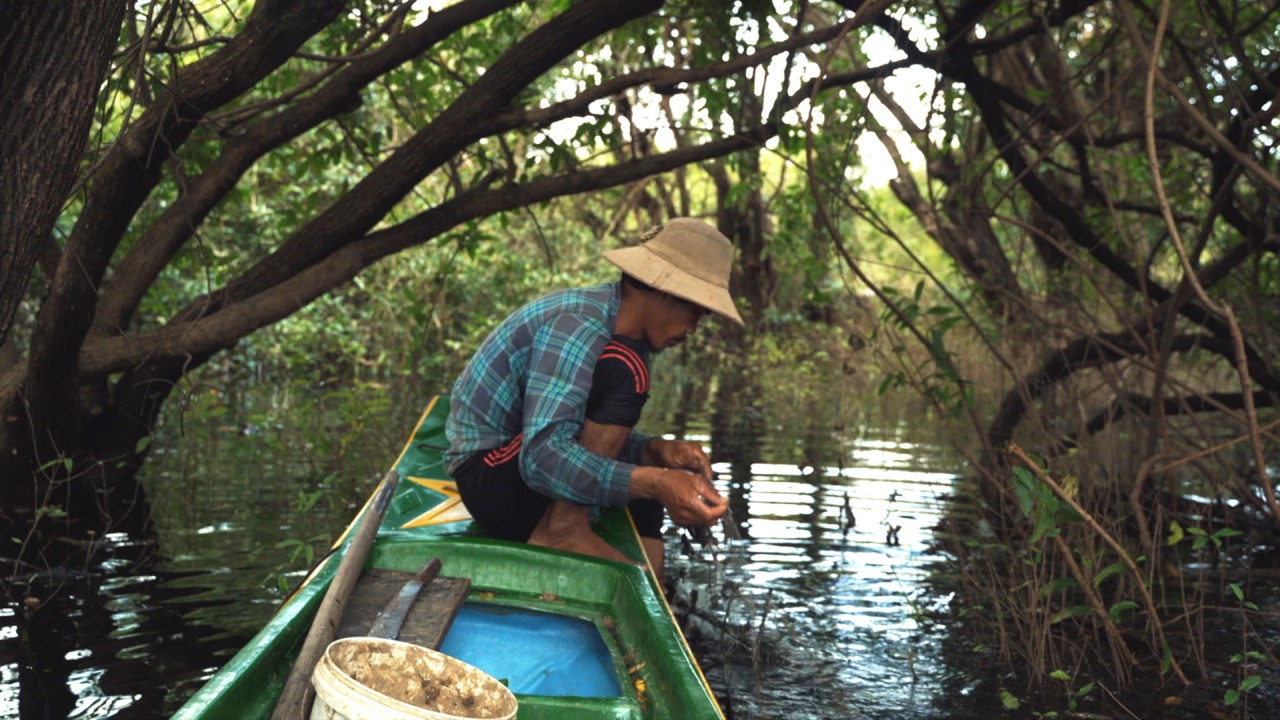
China turns to unregulated private security firms to protect interests along Mekong
- A report by the US-based non-profit C4ADS said the companies are ‘increasing China’s soft power’ in the region
- Many firms operate in a legal grey area and the role of figures such as ex-triad boss ‘Broken Tooth’ Wan Kuok Koi increases the reputational risk for China
China is increasingly turning to unregulated security companies to protect its growing economic interests along the Mekong river, according to a new report.
The analysis by the Washington-based non-profit C4ADS found that 24 of the 49 foreign private security companies in Cambodia and Myanmar were owned by Chinese nationals as Beijing encourages the use of these firms to protect the increasing number of Chinese businesses and tourists.
This includes the Zhongbao Huaan Group, which runs security for the Sihanoukville special economic zone on the Cambodian coast, a development that Beijing regards as its landmark belt and road project in the country.
“By providing support to state security forces and aid in times of health crises, Chinese private security companies are increasing China’s soft power in Mekong countries,” the report said. “They also down the line, could serve as vectors of hard power.”
Chinese dams, pollution give Vietnamese the Mekong Delta blues
Beijing’s efforts to cultivate a private security industry for the growing number of businesses and nationals in Mekong countries – Laos, Cambodia, Vietnam, Thailand and Myanmar – means the state or military do not have to get involved.
But while the companies can provide important services in the areas, it also raises concerns about them operating in a legal grey area or the potential reputational costs to China as some of its projects face a backlash in the countries affected.
C4ADS said that the companies are “poorly accounted for in most legal frameworks”, adding that they were reported to have clashed with local police in Cambodia.

10:28
Cambodian fishermen see livelihoods threatened by climate change and dam activity
“There is nothing inherently dangerous about a PSC run by an ex-Chinese police officer partnering with a local company to secure Chinese investments in an EDZ,” the report said.
“But the PSC industry also provides cover for people with ties to organised crime, like Wan, to run armed companies in a host country, and can thus introduce broader geopolitical risks for the host countries. Without adequate regulation, PSCs may bring more risk than they do security.”
Mekong dam: China cuts river flow 50 per cent, is slammed for lack of warning
In recent years, Chinese influence in the region has ramped up along with its investments there, particularly in critically needed infrastructure projects under the Belt and Road Initiatives.

China is still the largest investor for key Mekong countries, providing 43 per cent of foreign direct investments in Cambodia valued at nearly US$3.6 billion before the pandemic in 2019, according to the country’s central bank.
Beijing has also sought to cultivate closer ties in the region by offering vaccine access during the pandemic and water control information for the Mekong River.

